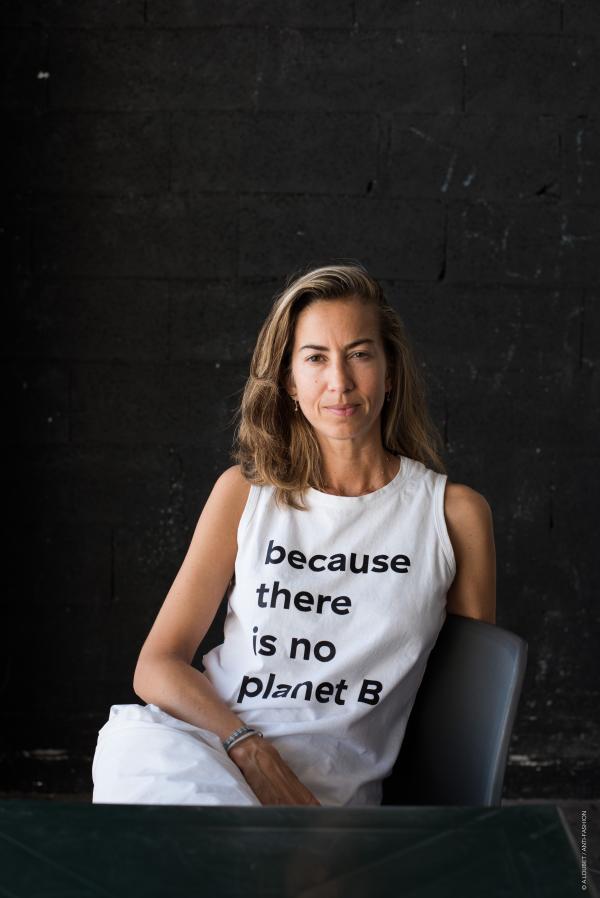Clothing trends come and go, but Spain’s Ecoalf takes fashion recycling to a new level, by rescuing materials from the sea to turn them into couture.
Javier Goyeneche looked at what people no longer used and saw something beautiful. The company he founded in 2012, Ecoalf takes plastic bottles from the sea, nylon from old fishnets, discarded carpets and fabric scraps, second-hand cotton and wool yarns, used tyres, coffee grounds and turns them into textiles.
“It takes about 70 to 90 plastic bottles to create one metre of polyester yarn and about one year before a new model is put on the market,” says Carolina Alvarez-Ossorio, communications director of Ecoalf, which has recycled 200 million plastic bottles and helped recover 80 tonnes of fishing nets so far.
In less than a decade, Ecoalf products are in 1 000 stores all over the world and the company has its own stores in Madrid, Barcelona, Malaga, Berlin, Amsterdam and Tokyo. The company has partnerships with Desigual, Apple and Swatch. In Swatch flagship stores employees wear corporate uniforms made out of 40,807 plastic bottles and recycled cotton. In 2019 recycled cotton collections saved about 38 million litres water.
Ecoalf secured an EU-guaranteed loan from Triodos Bank, made possible by the European Investment Fund and backed by the European Fund for Strategic Investments, the financial pillar of the the EU’s Investment Plan for Europe.
The company works only with low impact, organic cotton and organic fibres. “Low-impact cotton needs less water – it takes more than 2 000 litres to create a T shirt – and is respectful of local vegetation, soil and workers,” says Alvarez.
In October 2019, the company launched its first yoga collection with groundbreaking recycled materials such as Q-Nova®, an eco-friendly sort of nylon obtained from regenerated raw material, recycled polyester and tencel ™, a super soft, low-impact fabric.
T-shirts, leggings and tops are produced in Portugal and are seamless, meaning that the company uses the exact amount of material to ensure that fabric waste is minimised.

Wear a fishnet, save the oceans
Ecoalf doesn’t just recycle waste. It has also worked to prevent pollution at source.
In 2015, the Ecoalf Foundation promoted Upcycling the Oceans Spain, a campaign involving more than 3 000 fishermen in 40 ports on the Iberian coasts. The company gave fishermen the tools to store obsolete nets and nylon that otherwise would have been dumped into the ocean. More than 500 tons of plastic and waste have been removed in the last five years and new campaigns are planned in the Mediterranean area.
Upcycling Thailand, a three-year initiative started in 2017 with help from local tourism offices and the country’s largest petrochemical company, PTT Global Chemical. The aim is to clean-up popular tourist spots such as the islands of Koh Samet, Tao and Phuket.
Tourists, residents, scuba divers, tour operators and state agencies helped with the project, which lifted the local economy. Part of the material found on the seabed was also used for a sustainable fashion contest held in December 2019.
“Upcycling the oceans is probably our most revolutionary project,” says Alvarez. “After the success of Spain and Thailand our objective now is to expand to the rest of the Mediterranean. We have officially started in Greece and we are about to start in Italy. Our idea is to expand through the rest of the Mediterranean, reaching Lebanon, through France and Morocco, involving 10,000 fishermen to clean the bottom of the Mediterranean.”
“The pandemic put on hold some of our activities, but we found new ways to cope with the current situation, such as online courses for all our employees. ”
